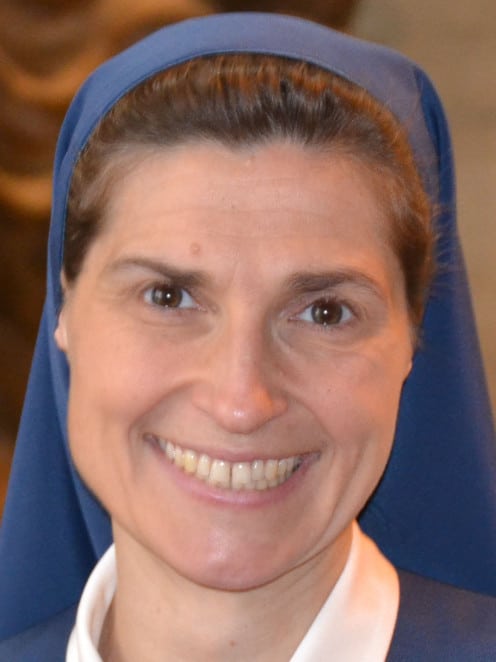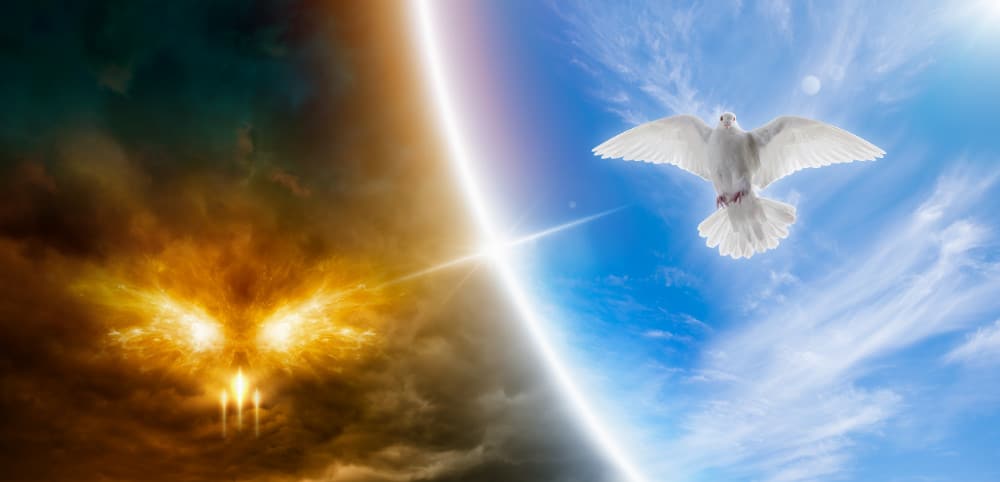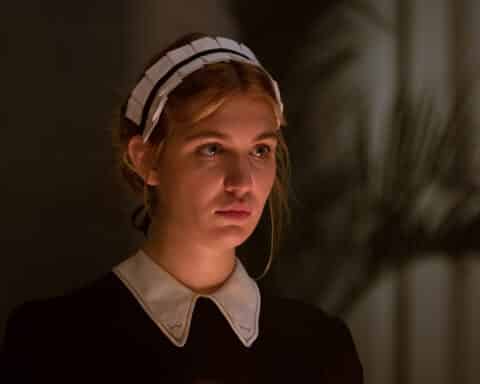
As human beings, we mess up. We fail. We fall. We sin. But God created everything good, and so even in the darkness and dreariness, there is goodness to be discovered. God is Goodness itself and desires our good. So, how can we start to notice the good?
One of the most classic movie lines comes from a trilogy that captures the imagination of its viewers. Peter Jackson’s visual interpretive lens of J.R.R. Tolkien’s deeply Christian story, “The Lord of the Rings,” embedded the novelist’s sacramental worldview into the minds and hearts of fans the world over. In these epic fantasy films, evil was engulfing Middle-earth, and the only way to conquer it was for a humble hobbit named Frodo Baggins (Elijah Wood) to destroy the one ring of power in the fires of Mordor. At the end of the second film, “The Two Towers,” Samwise Gamgee (Sean Astin) tells a weary and discouraged Frodo, “There’s some good in this world, Mr. Frodo … and it’s worth fighting for.”
With the upcoming release of the Amazon series, “The Lord of the Rings: The Rings of Power,” we are once again immersed in the world of Middle-earth and the eternal struggle between good and evil. Drawing on Tolkien’s “The Silmarillion” but also creating original storylines, this series looks at the second age of Middle-earth, thousands of years before Frodo and the fellowship sought to destroy Sauron’s evil influence once and for all. It plays out the rise of Sauron, who forged the one ring of power and the fall from glory of Morgoth, one of the godlike Valar enveloping the world in darkness and corruption. The people of Middle-earth can easily feel that evil has the upper hand. Yet, good remains in the hearts of many who desire the light.
What do these fantasy stories say to us today? In every age, there is a particular evil to overcome. In the early Church, it was the hedonistic, power-hungry Roman Empire that sent Christians to face wild beasts in the Colosseum. The Middle Ages were rift with feudal wars and clerical corruption. The modern era saw the growth of the Enlightenment or Age of Reason, when secular humanism developed into atheism, Marxism and utilitarianism, leading to a loss of recognition of God and impoverishment of meaning. Postmodernism led to a denial of truth altogether. And today, we seem to celebrate evil through political powers that seek to take away human rights and freedoms while pushing perversion and ideological control. The devil rears his head.
But, even now, good is rising. People are awakening to the presence of evil and seeing the greater power of the good, the true and the beautiful. Parents defend their children and what they are taught in schools. Christians fight for their religious beliefs. Catholics inspire a culture of life utilizing digital media. Devoutly religious individuals and communities pray for God’s mercy to be manifest in our world. People all over work for peace, justice, love and respect for every human person. This is the good that is worth fighting for. God wants us to be the good and do the good we wish to see in the world. And good always overcomes evil.
Sister Nancy Usselmann, FSP, is director of the Pauline Center for Media Studies in Los Angeles. She is a media literacy educator, writer, film reviewer, speaker and author of a theology of popular culture, “A Sacred Look: Becoming Cultural Mystics.”





